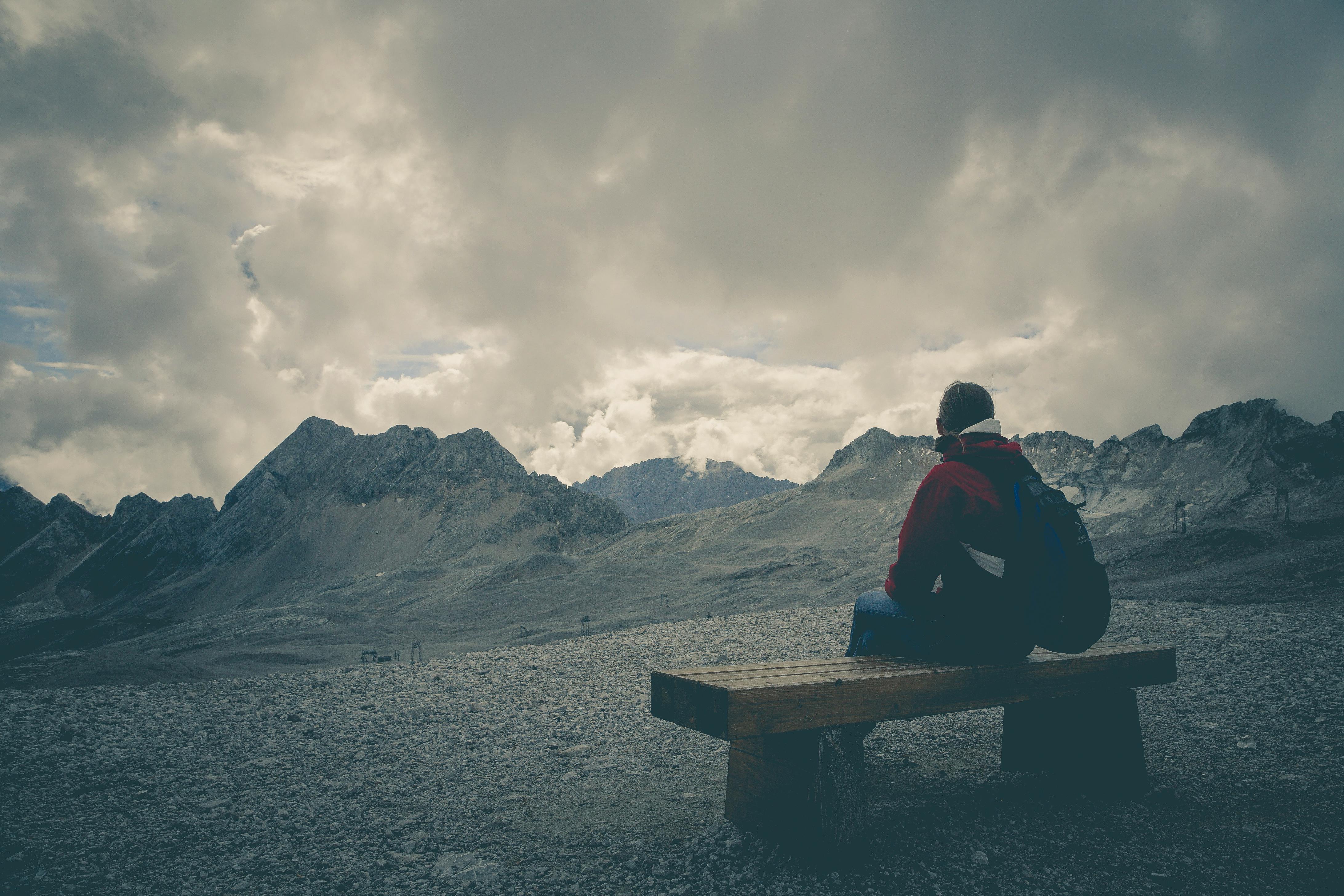Solo Travel Safety: 15 Essential Tips for Exploring the World Alone

Solo travel can be an incredibly rewarding and empowering experience, allowing you to explore new destinations on your terms and embrace the freedom of independent adventure. However, traveling alone also comes with unique challenges and safety considerations that require careful planning and preparation. In this blog post, we'll explore essential tips for staying safe when traveling alone, empowering you to embark on solo adventures with confidence and peace of mind.
1. Research Your Destination
Before you set off on your solo adventure, take the time to research your destination thoroughly. Familiarize yourself with local customs, laws, and cultural norms, as well as any safety concerns or travel advisories. Learn about the neighborhoods you'll be visiting, and identify safe areas to stay and explore.
2. Share Your Itinerary
Always share your travel itinerary with a trusted friend or family member before you depart. Provide them with details of your flights, accommodation, and any planned activities, as well as your contact information. Check in with them regularly during your trip to keep them updated on your whereabouts.
3. Stay Connected
Stay connected with loved ones back home and maintain regular communication throughout your trip. Consider purchasing a local SIM card or an international roaming plan for your phone to stay connected while abroad. Use messaging apps or social media to share updates and photos of your adventures.
4. Trust Your Instincts
Listen to your intuition and trust your instincts when traveling alone. If something feels off or unsafe, remove yourself from the situation and seek help if necessary. Avoid risky behaviors and environments, and be cautious of strangers who may approach you with ulterior motives.
5. Blend In
Try to blend in with the local culture and avoid drawing unnecessary attention to yourself as a solo traveler. Dress modestly and respectfully, and be mindful of local customs and traditions. Avoid flashy jewelry or expensive electronics that may attract unwanted attention.
6. Be Aware of Your Surroundings
Stay vigilant and aware of your surroundings at all times when traveling alone. Pay attention to the people around you and trust your peripheral vision to monitor your surroundings. Avoid distractions such as staring at your phone or wearing headphones in unfamiliar or crowded areas.
7. Plan Your Transportation
Plan your transportation carefully, especially when arriving in a new destination or traveling at night. Research safe and reliable transportation options such as taxis, rideshare services, or public transit, and avoid walking alone in unfamiliar areas after dark. If possible, arrange for airport transfers or transportation through your accommodation.
8. Secure Your Belongings
Keep your belongings secure and be mindful of pickpockets and thieves, especially in crowded tourist areas. Invest in a theft-proof backpack or anti-theft purse with features such as slash-resistant fabric, lockable zippers, and RFID-blocking pockets. Carry only essential items with you when exploring, and leave valuables locked in your accommodation.
9. Stay Sober
Avoid excessive alcohol consumption when traveling alone, as it can impair your judgment and make you more vulnerable to accidents or incidents. Pace yourself when drinking, and be cautious of accepting drinks from strangers. Stay alert and in control of your actions at all times.
10. Learn Basic Self-Defense
Consider taking a self-defense class before your trip to learn basic techniques for protecting yourself in case of emergencies. Practice assertive body language and verbal assertiveness, and be prepared to defend yourself if necessary. Carry a personal safety alarm or whistle as a deterrent against potential attackers.
11. Use Technology Wisely
Take advantage of technology to enhance your safety when traveling alone. Use GPS navigation apps to navigate unfamiliar areas, and download offline maps in case of limited connectivity. Consider using safety apps or tracking devices that allow you to share your location with trusted contacts in real-time.
12. Stay in Safe Accommodation
Choose safe and reputable accommodation options when traveling alone. Research hotels, hostels, or vacation rentals with positive reviews and security features such as 24-hour front desk service, secure entrances, and well-lit common areas. Consider staying in accommodations with female-only dorms or rooms for added peace of mind.
13. Be Prepared for Emergencies
Prepare for emergencies by familiarizing yourself with local emergency numbers and procedures. Carry a basic first-aid kit with essential supplies such as bandages, antiseptic wipes, and pain relievers. Know how to access medical care and emergency services in case of illness, injury, or other emergencies.
14. Stay Mindful of Scams
Be cautious of scams and frauds that target tourists, especially when traveling alone. Avoid unsolicited offers or invitations from strangers, and be skeptical of overly friendly or persistent individuals. Research common scams at your destination and stay informed to avoid falling victim to deception or fraud.
15. Stay Positive and Confident
Lastly, maintain a positive attitude and exude confidence when traveling alone. Projecting confidence can deter potential threats and make you less vulnerable to harassment or unwanted attention. Trust in your abilities to navigate challenges and embrace the freedom and empowerment of solo travel.
Conclusion
Solo travel can be an incredibly enriching and empowering experience, but it's essential to prioritize safety and take precautions to protect yourself when exploring the world alone. By following these essential tips for staying safe when traveling alone, you can embark on solo adventures with confidence, peace of mind, and the freedom to embrace new experiences and destinations. So pack your bags, trust your instincts, and get ready to embark on a journey of self-discovery and adventure as a solo traveler. Safe travels!
